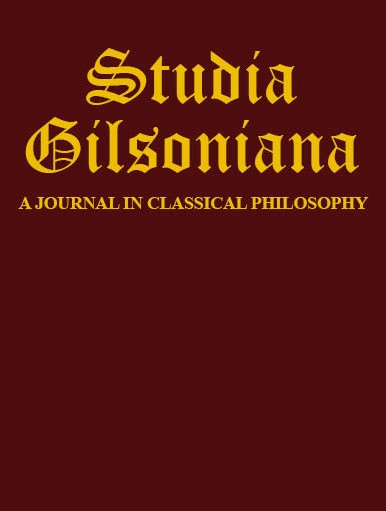St. Thomas Aquinas and John Locke on natural law
St. Thomas Aquinas and John Locke on natural law
Author(s): Ginna M. Pennance-AcevedoSubject(s): Human Rights and Humanitarian Law, Metaphysics, Ethics / Practical Philosophy, Philosophy of Law
Published by: International Étienne Gilson Society
Keywords: St. Thomas Aquinas; John Locke; natural law; human rights; moral philosophy; subjectivism; hedonism;
Summary/Abstract: John Locke’s natural law theory has frequently been conceived as a continuation of the Thomistic tradition and as sound basis for human rights as universally binding. This paper concludes that this is not the case. Unlike Aquinas’ metaphysical realism, Locke’s empiricism and nominalism make it impossible for us to know our human nature, our exclusively human goods, andtelos—thereby undermining the sound foundations of the exceptionless moral precepts of natural law. Whereas Aquinas defines the good as that which is perfective and fulfilling of human nature, Locke identifies the good with pleasure, which leads to subjectivism. While both Aquinas and Locke argue that God is the origin and foundation of the binding force of natural law, Locke’s voluntarism is incompatible with the ruling nature of law. Consequently, unlike Aquinas, Locke’s theory lacks the metaphysical foundations for universal human rights.
Journal: Studia Gilsoniana
- Issue Year: 6/2017
- Issue No: 2
- Page Range: 221-248
- Page Count: 28
- Language: English

